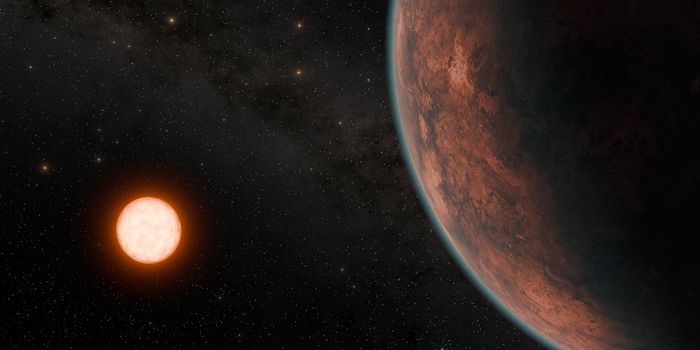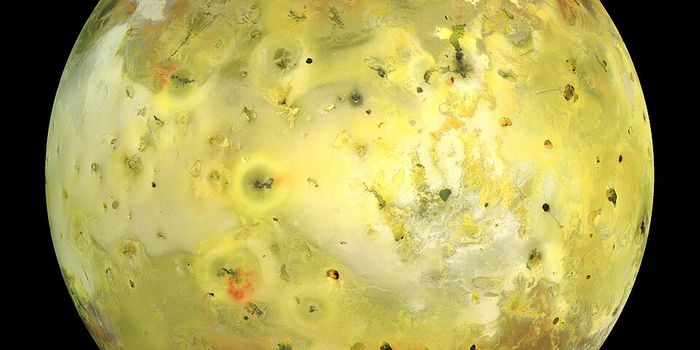Is the Milky Way Too "Gassy"?
Astrophysicists have long thought that our home galaxy the Milky Way has been constantly losing mass due to the escape of hydrogen gas.
However, by observing the Doppler effect of the electromagnetic signals emit by a number of gas cloud within our galaxy, scientists had to revise their view on the matter because the Milky Way has a surplus of gas. By extrapolating the rate of gas inflow, the aggregate of gas clouds could lead to the birth of new stars in our backyard in millions of years.
One possible explanation is that the Milky Way is pulling gas toward itself from either the intergalactic medium (which contains plasma-form of hydrogen) and/or our neighbor galaxies such as the large Magellanic cloud.
Another theory that can explain this phenomenon is the presence of "galactic fountain": the explosion of supernovae could have sent the metal-enriched hot gas into the galatic outskirt; when it is cooled, which could take millions of years, it returns to the plane of our galaxy.
This research is available online through the pre-print server arXiv.
Source: Anton Petrov via Youtube








